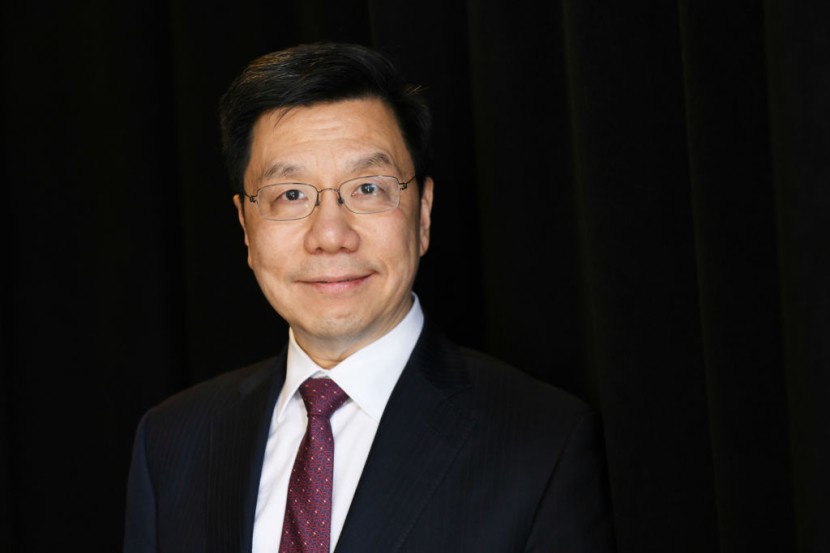Computer scientist Kai-Fu Lee's startup has been valued at $1 billion after only being created for eight months and has unveiled a top-ranked open-source model.
The company that Lee launched is known as 01.AI and was created in late March with the vision to develop a homegrown large language model for the Chinese market. The venture has placed him in competition with other prominent Chinese tech leaders, including Sogou's founder Wang Xiaochuan.
Kai-Fu Lee's $1 Billion Startup

During an interview, Lee said that necessity is the mother of innovation and that there is clearly a huge necessity in China. His remarks explained his motive behind the creation of 01.AI and he added that China, unlike the rest of the world, does not have access to OpenAI and Google because they are not available in the Asian nation.
The growth of Lee's startup is a fitting reflection of the rapid development in the generative AI field. Just seven months after the company's founding, it released its first model, the open-source Yi-34B, as per TechCrunch.
Lee said that his decision to introduce an open LLM as his startup's debut product is a way to "give back" to society. He added that for people who have felt LLaMA is a "godsend" to them, his startup has provided a compelling alternative.
Yi-34B is a bilingual base model trained with 34 billion parameters and is significantly smaller than other open models such as Falcon-180B and Meta LlaMa2-70B. It came in first amongst pre-trained LLM models and comes in English and Chinese.
Lee noted that they still believe that larger models, when trained well on a large amount of high-quality data, will outperform substantially smaller models of comparable quality and technology. He added that Yi-34B outperforming much larger models is something that is not usually seen.
The 61-year-old said that Llama 2 has been the gold standard and a big contribution to the open-source community. He noted that they wanted to make a superior alternative not just for China, but also for the global market, according to the South China Morning Post.
Read Also : China Seeks To Build Advance Humanoid Robots by 2025, Issues Guidelines for Innovation System
Growing Market in Generative AI
OpenAI set off a frenzy of interest in artificial intelligence after it revealed its ChatGPT chatbot last year. Since then, Alphabet, Microsoft, and Meta have spent billions on research and development in an effort to take the top spot in the emergent field of generative AI and beyond. Additionally, Tesla CEO Elon Musk recently unveiled his own chatbot known as Grok.
Tech giants and entrepreneurs in China have also jumped into the race, with search leader Baidu showcasing a version of its Ernie LLM. The company claims that this is on par with OpenAI's technology.
Alibaba, a global e-commerce company, has also expressed support for at least ventures in the space, including Lee's 01.AI. While AI companies from the United States and China do not compete with each other, the growing political tensions between the two nations have complicated the development of the technology.
President Joe Biden banned the sale of Nvidia's most advanced AI semiconductors to Chinese customers in 2022. The administration cited national security concerns that the technology could be used to train AI models for military applications, said the Straits Times.
Related Article : Elon Musk Unveils X's AI Chatbot Grok-Better Than ChatGPT?
© 2026 HNGN, All rights reserved. Do not reproduce without permission.








